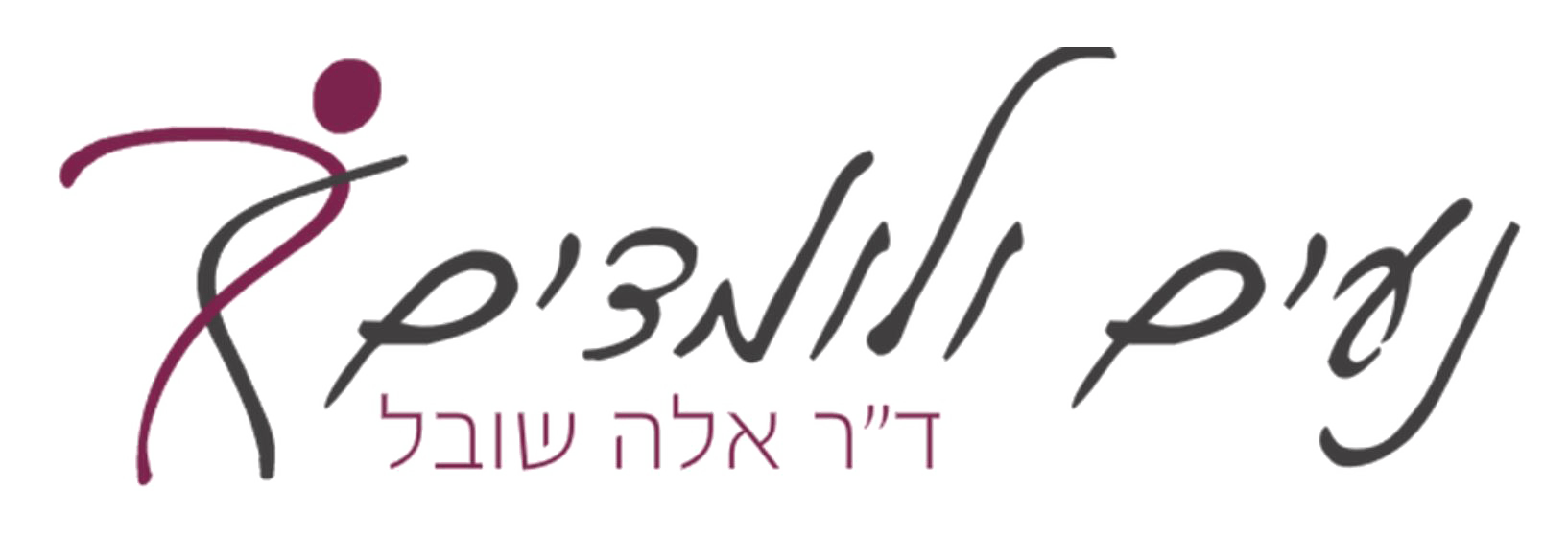Hello and welcome!
This website is offering a wide variety of educational materials for Physical Educators, kindergarten teachers, teacher educators and even parents who are interested in their child movement development.
All the materials which are presented here, such as books, articles, essays, presentations, etc. are related to the topics I have been studying during my many years in the field of teacher education and physical education in early childhood.
Some of these topics are:
Movement Education;
The impact of movement and physical activity on academic learning;
Implementing movement lessons in the kindergarten;
Teachers planning and curriculum.
The website is still taking its first steps, and I plan to keep uploading and sharing "hidden treasures" from my computer in the near future.
You're more than welcome to contact me:
elas@macam.ac.il
Sincerely yours,
Ella
1996-1998: Doctorate of Education, School of Education of
Portland State University, Portland, Oregon, USA.
Dissertation: “Teaching Planning – A Hidden Vertebra”.
1984-1987: M.A. Health, Physical Education and Recreation Department
University of New Mexico, Albuquerque, USA.
Thesis: "Modification of Parents’ Perception of Their Child's Body
Behavior during a Parent-Child Course in Movement."
1971-1974: B.A. in Philosophy, the Faculty of Philosophy,
Tel-Aviv University, Tel Aviv, Israel.
1966-1969: Senior Teaching Certificate
The Zinman College of Physical Education at the Wingate
Institute, Netanya, Israel.
Senior Lecturer since April, 2009.
2010-2013: Coordinator and teacher, M.Ed. Program of Physical Education,
Physical Education Department. The Washington College of
Education.
2004-2013: Coordinator and teacher, Courses for Teacher-Mentors.
2002-2006: Head of committee: "Curriculum in Physical Education for Early
Childhood (K-2).
2001- 2013: Head, Early Childhood Department. The Zinman College
of Physical Education, Wingate Institute, Netanya & The Givat
Washington Academic College.
1984-1994: Curricula writer. The Institute for the Advancement of Social
Integration In schools, Bar-Ilan University, Ramat-Gan.
1978-2002: Teacher-educator for Physical Education students, The Zinman
College of Physical Education, Wingate Institute, Netanya.
Taught courses such as “Relationships between Strategy of
Teaching and Achievements” and “The influence of Mindful
Movement on Cognitive Learning.”
2000-2001: Member of the computerized development teams at the MOFET
Institute.
1991-1994: Advisor to “The Active School” project, Netanya.
Developed an instruction team for daily physical education in
school. In charge of learning programs using physical activity as a
tool for improving academic achievement and social relationships.
1985-1995: Educational curriculum writer & researcher, The Institute for the
Advancement of Social Integration in Schools, Bar-Ilan University,
Ramat-Gan.
1971-1984: Physical Education Teacher in different schools.
Teacher training colleges
Member of editorial board of “The Giv’at Washington Research Journal,” Giv’at Washington College of Education (2004 – 2013).
Reviewer (peer reviewer) of academic articles for a.“Dappim” of MOFET Institute; b. for “Bitnu’ah” of Wingate Institute; and for c. the periodical “European Physical Education Review” (2004 -2013).
Counseling (mentoring) new teacher trainers and supporting their first publications (1998 to present).
Developed a new audio methodology program for MOFET Institute. Participated in building a site for teaching methodology and responsible for the section dealing with teaching of planning (2000 – 2001).
Member of various committees at the colleges in which I taught: library committees, education committees, disciplinary committees, admissions committees, research committees, instruction committees, etc.
Training teacher mentors
Member of the forum of coordinators of teacher-courses at MOFET Institute (2005-2012).
Participated in three intercollegiate research projects dealing with the mentoring process (2008-2012).
Physical education inspectorate
Coordinator of think-tank team at MOFET Institute (2012-2013) on the subject of “The physical education curriculum of the future.”
Counselor (tutor) in writing education curricula (2011-2013).
A courtier in creating a test for evaluating learning in physical education for the Physical Education Inspectorate (2005-2008).
Annual course for physical education inspectors on the subjects of “Thinking on Planning in Education (2003-2004).
Creating the annual planning model in physical education with the Jerusalem inspectorate staff and teachers (1999-2001).
Preschool and elementary school education
Chairperson of the committee for the early childhood physical education curriculum for kindergarten and physical education teachers (2004-2007); two core curricula – one for kindergarten and one for first and second grades. Ministry of Education, Ma’alot Publishers, (2007).
Established in-service training for kindergarten teachers and teacher trainers on the subject of core program for physical education; participated in the in-service course as a lecturer (2007-2013).
Academic advisor in the experiment “Successful Kindergarten through Movement” (2007-2010).
Recorded lectures and counseling materials for kindergarten teachers in the ‘gannet” site (2010-2011).
Staff director in the experiment “The Active School” (1991-1994).
Articles
The Unique Trio: Academic Achievement, Sport, and Gender.
Schahaf, M., Katz, Y., Shoval, E. (2014) Education and Society. 31(1).
The Challenge Kindergarten Model: Integrating body-movement and scaffolding to keep the child in the center and make systematic progress in learning.
Shoval, E., Sharir, T. & Shulruf, B. (2013). Early Childhood Education Journal.
http://www.springer.com/home?SGWID=0-0-1003-0-0&aqId=2547473&download=1&checkval=3b624fd82e2875280342f94f606d8fb1
Success is a choice!: Explaining success in Academic Preparation Programs in Israel.
Talmor, R., Kayam, O., Shoval, E. (2013) Journal of Comparative Research in Anthropology and Sociology.
The concept of coherency in teaching – Forging an idea from professional literature, a case analysis and a discussion with experts.
Shoval, E. & Talmor, R. (2011) International Journal of Qualitative Studies in Education. 24 (4), 397–417.
Who Benefits from Cooperative Learning with Movement Activity?
Shoval, E. & Shulruf, B. School Psychology International. 32(1), 58-72. Feb. 2010.
Using Mindful Movement in Cooperative Learning while Learning about Angles.
Shoval, E. Instructional Science. 38(5), Published on line 24 June 2010
Mapping and interpreting novice physical education teachers’ self-perceptions of strengths and difficulties.
Shoval, E., Erlich, I & Fejgin, N. (2009). Physical Education & Sport Pedagogy, 15(1) 85-105.
A curriculum that includes physical activity for dealing with difficult problems in school: An analysis of coherent fundamentals.
Shoval, E. Talmor, R. & Garmize (2006). Curriculum and Teaching. 21(2), 41-60.
Books
Moving - The Pleasure of Learning: The way body movement contributes to learning – From theory to practice.
Shoval. E. (2014). Tel Aviv: Contento de Semrik
Articles
Differences in academic achievements between boys and girls who engage in various levels of physical activity.
Shahaf, M., Katz, Y. & Shoval, E. (2014). Dappim. 58, 225-242
Taking full responsibility – pupils with learning disabilities and their teacher in a pre-academic prep course explain their success in the Matriculation Examinations.
Talmor, R., Shoval, E. and Kayam, A. (2013). Panim 62, 78-92.
Teacher mentors link theory and practice – an analysis of papers submitted by participants in a teacher-mentoring course.
Shoval, E., Gil, V. and Mirea, T. (2013). Mechkarei Hagiv’a 3.
Improving learning through setting up scaffolding for children experiencing movement in kindergarten – from practice to theory.
Shoval, E. and Sharir, T. (2013). Mechkarei Hagiv’a 3.
The link between levels of physical activity and gender, and academic achievement of secondary school students in Israel.
Shahaf, M., Katz, Y. & Shoval, E. (2012). Btnu’a 10(2), 182-196.
Characteristics of physical education teaching novices: their self-perception and physical education teacher mentors’ interpretations.
Shoval, E. & Erlich, A. (2011) in A. Schatz-Oppenheimer, D. Maskit and S. Zilberstrom (eds.), To Be a Teacher – on the Path to the Doorway to Teaching. Tama Publishing – MOFET Institute, 267-300.
Transition from teaching sports to developing physical-kinesthetic intelligence.
Shoval, E. & Lantzer, R. (2010). Haggigei Hagiv’a, 14, 120-132.
The connection between movement-aided learning activities and improvement of academic achievement in learning about angles.
Shoval, E. (2009). Dappim, 47, 185-212.
Physical education teachers and planning teaching.
Shoval, E., Swed, S., Fuchs, A. & Zeev, A. (2008). Bitnu’a.
Coherency and good teachers.
Talmor, R. & Shoval, E. (2006). Mechkarei Hagiv’a, 1, 53-84.
Mindful-Movement and its contribution to academic study: An explanation using the theory of information processing.
Shoval, E. (2005). Haggigei Hagiv'a – Annual of Givat Washington Teachers College, 181-208.
A curriculum including physical activity for the purpose of dealing with various difficulties at school: an analysis of coherent foundations.
Shoval, E. & Talmor, R. (2004). Bitnu'a, 7, 1-2, 7-37.
Fostering the body image through movement as a means to promote social relationships in class.
Shoval. E. (2004). Haggigei Hagiv’ah, 11, 189-216.
Using body movement in academic learning – development based on Vigotzky’s theory of learning.
Shoval, E. (2002). Haggigei Hagiv’ah, 10, 259-276.
Developing a professional credo in students involved in physical education teacher preparation programs: Theoretical and Practical Considerations.
Shoval, E., Nabel-Heller, N. and Lidor, R. (2002). Dappim 35, 101-133.(Hebrew).
The “professional credo” of the physical education teacher.
Nabal, N. & Shoval, E. (August, 2001). Physical Education and Sport, 51, (6) 5-9.
Can teachers implement a curriculum?
Shoval, E. (2000). Physical Education and Sport, published in three installments, 55 (4), 4-6; 54 (5), 9-10; 54 (6), 59, 25-27.
Why is it important to plan learning in physical education?
Shoval, E. & Nabal, Y. (1996). Physical Education and Sport, published in three installments, 51 (6), 11-13; 52 (1), 3-5; 52 (2), 8-11.
Books
From the Beginning – Developing the Bodily Kinesthetic Intelligence.
Lanzer, R. & Shoval, E. (in Press). Tel Aviv: Steimastky Publication.
The pleasure of movement in the kindergarten – Activities and cards for mindful movement.
Sharir, T. & Shoval, E. (2012). Jerusalem: Division for Experimentation and Innovation, the Ministry of Education, Israel.
"Activity – Enhance Learning: Physical Movement and Its Contribution of Academic Learning"
Shoval, E. (2006). Israel: Ach Publication.
"The Hues of the Rainbow- Advanced Reading through Movement"
Shoval, E., (1991) Ramat-Gan: Bar-Ilan University.
"Circles of Movement"
Shoval, E. & Ben-Ari, R.,(1990) Ramat-Gan: Bar-Ilan University.
"Movement in Context"
Friedmann, E. & Shoval, E., (1989) Beer-Sheva: Educational Welfare Project.
“Being in Movement (part 3) - Experience in Time"
Shoval, E. & Lanzer, R., (1987) Netanya: Wingate Institute.
"Being in Movement (part 2) - Body Image"
Galor., Y., Shoval, E. & Lanzer, R., (1983) Netanya: Wingate Institute.
"Being in Movement (part 1) - Orientation in Space"
Lanzer, R., Galor, Y. & Shoval, E., (1982) Netanya: Wingate Institute.

2010-: 40,000 Sh. from MOFET Institute in cooperation with Giv’at Washington College of Education + 2 weekly hours from the Department of Experimentation and Initiatives in the Ministry of Education.
The subject of the research: The impact of experience through movement and the mediation of the kindergarten teacher in the areas of self-efficacy, frustration and cooperation on cognitive and psycho-motor achievements.
2004-2005: - 40,000 Sh. from MOFET Institute in cooperation with Giv’at Washington College of Education.
The subject of the research: “Learning activities occurring during the performance of body movement and academic achievement.”
The research is over. The summary report was submitted. Two articles relating to the subject were submitted for publication to peer-reviewed periodicals a month ago.

Conference Opening: "First Forum on child Development and Basic Education" 9-10th, 2014. Piracicaba, Universidade Methodista de Piracicaba – UNIMAP, Sao-Paulo, Brazil.
"Mindful Movement and Academic Achievements – From Theory to Reseasrch"
Keynote: Conference "Early Education and Movement" 1-2th October, 2014, Campinas, State University of Campinas UNICAMP, Soa-Paoulo, Brazil
"Early Childhood Education and Movement - The importance and some recommendations"
The 3nd Wingate Congress of Exercise & Sport Schience, June 2014
Presentation: The Challenge Kindergarten Model: Integrating body-movement and scaffolding to make systematic progress in learning – Tal sharir and Ella Shoval.
Presentation: The Impact of Different Types of Free Play on Children's Mastery of Fundamental Motor Skills. Ella Shoval, Tal Sharir and Boaz Shulruf.
Presentation: 15th Biennial of the International Study Association on Teachers and Teaching 5 - 8 July 2011, Braga, University of Minho, Portugal.
"Mentors' pre-Training Perceptions of their Role and its Significance for the Training Process"
12th European Conference for Research on learning and instruction.
August 2008. Budapest, Hungary.
Novice teachers: Strengths and difficulties as perceived by physical education beginning teachers and interpreted by teacher mentors.
The Fifth International Conference – Teacher Training at a Crossroads. MOFET Institute. June 2007.
"Characteristics of novice physical education teachers in their own perception"
The conference “Physical and mental well-being in the education system.” Giv’at Washington, February 2006. Chairperson of the research session.
“Learning Activities Occurring during Performance of Body Movement and Learning Achievements”
11th European Conference for Research on Learning and Instruction.
August 2005. Nicosia, Cyprus.
“Learning Activities during Body Movement and Academic Achievements.


